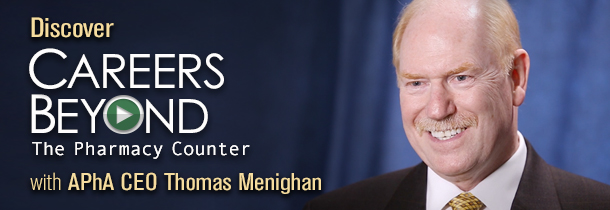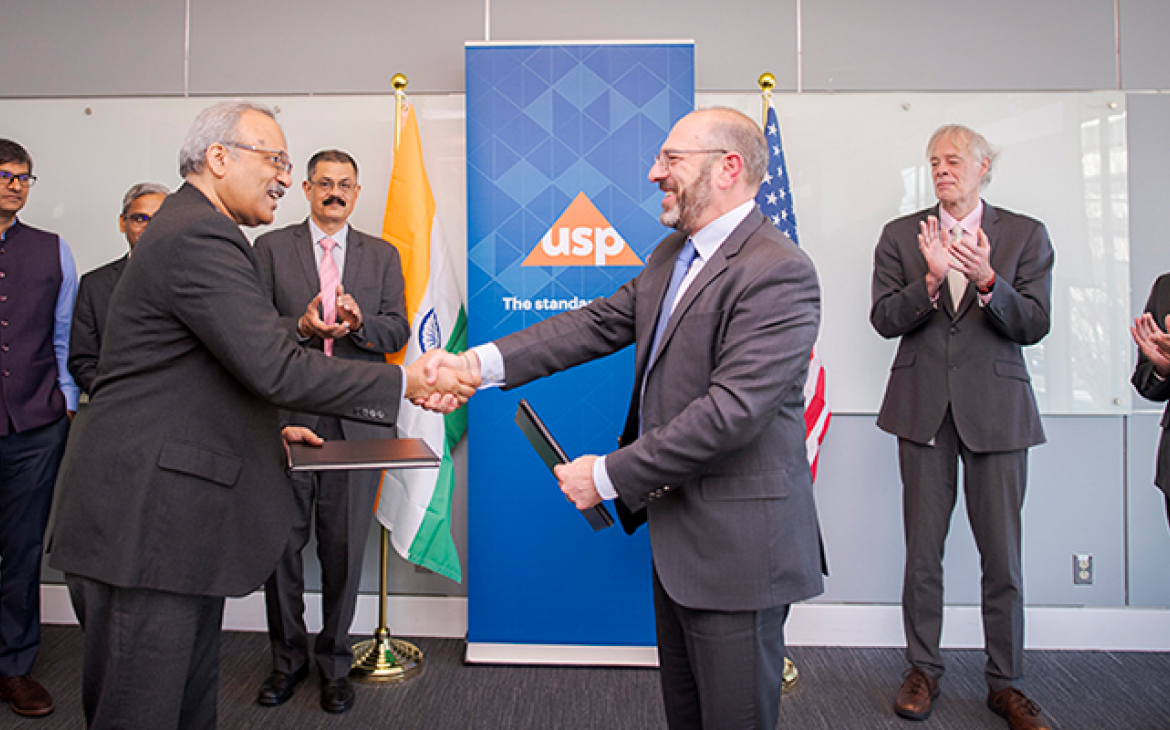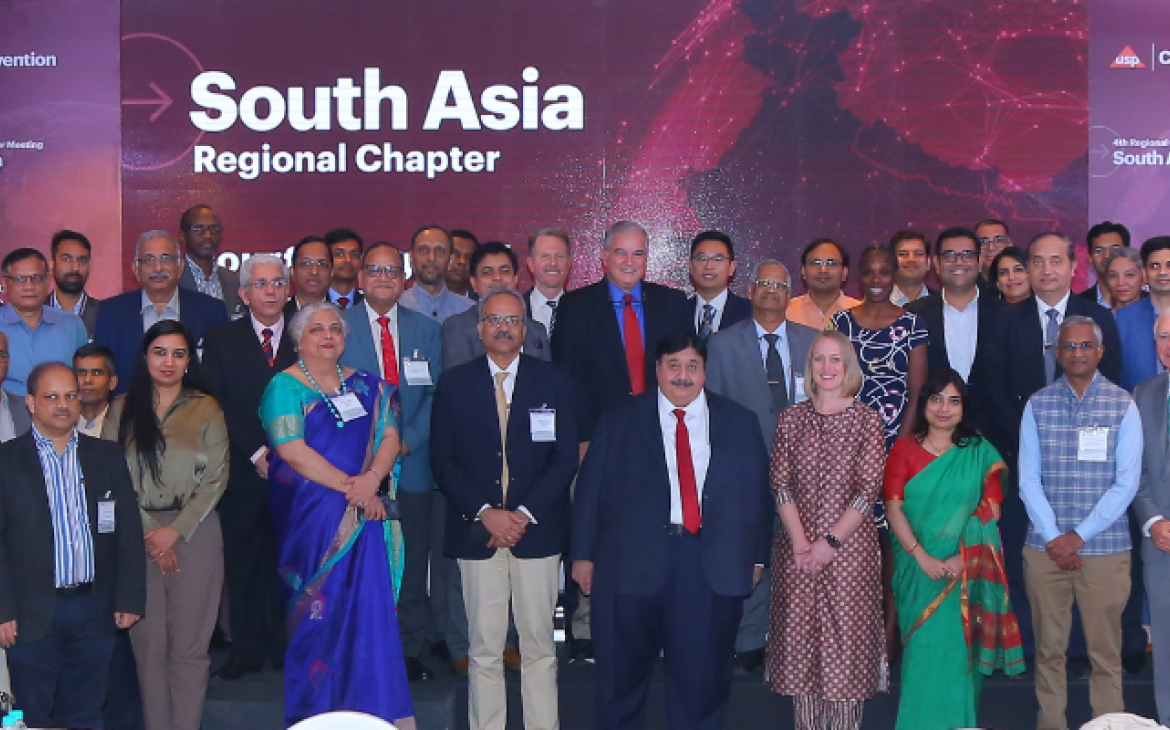
My path to a career in pharmacy began in the fifth grade with a chemistry set and a few chemicals I needed the local pharmacy to order. While in the pharmacy, I was impressed that it might be a good place to work someday. Later, my father, a banker, was helping Jim Phillips, the new owner of one of two pharmacies in town and shared that I was interested. Jim said, “Send him up. I’ll find something for him to do.” I worked in Phillips Pharmacy for the next 10 years, stocking, custodial engineering, working as a pharmacy intern, and, yes, even chipping ice for the soda fountain. Jim was such a good mentor and he gave me a tremendous start. I’ve always been grateful for my father’s instincts and Jim’s lifelong mentorship, together with the mentorship of so many others on my path from sweeping floors to helping pharmacists make sweeping improvements in healthcare.
Malcolm Gladwell, in Outliers, describes how really successful people benefit from four essential elements—luck, talent, hard work and mentorship. It is this latter element of career guidance and professional mentorship like Jim provided to me that the U.S. Pharmacopeial Convention (USP), APhA and our other partners hope to offer through the newly unveiled career webinar series.
Careers Beyond the Pharmacy Counter is a series of webinars that focuses on non-traditional careers in pharmacy. The first installment showcases the experiences of four pharmacists who work in the federal government at the U.S. Food and Drug Administration, the Federal Bureau of Prisons, Indian Health Services, and the Veterans Administration Pharmacy Services. The Careers Beyond series is all about exposing pharmacy students and pharmacists around the globe to the diverse career options available to them.
APhA, an organization I proudly represent, USP, the American Association of Colleges of Pharmacy (AACP), the American Association of Pharmaceutical Scientists (AAPS), and the U.S. Public Health Service (USPHS) have all collaborated to make the Careers Beyond series a reality.
These organizations recognize that pharmacists are playing roles in every aspect of healthcare, now more than ever.
We and other organizations like ours are doing our best to get pharmacists better trained and “plugged in” inter-professionally with their colleagues in team-based medicine. Because of inter-professional education, we have a generation of students today who expect to practice with their colleagues in these other healthcare disciplines. They are taking advantage of new educational opportunities and learning new skills on the practical side. And, we have a dynamically changing science in pharmacy. We are now looking at large molecule therapies. Research and development of proteins and genetically engineered medicines are leading to cures for formerly fatal diseases. And, we’re discovering that these complex proteins are affected in unanticipated ways in our supply chain and at the pharmacy. Pharmacists and pharmaceutical scientists play essential roles in assuring that effective medicines find their way safely into patient homes and hospital rooms.
In many important ways what it means to be a pharmacist has changed and USP along with its four other partners (AACP, AAPS, APhA, USPHS) understands that. With developments in technology and the medical profession, there will be constant and corresponding growth in this wonderful profession. The Careers Beyond webinar series aims to provide a bridge to these opportunities. Community pharmacies like Jim’s are the bedrock of patient connections and optimizing medication use, yet there are literally dozens of other incredibly rewarding career paths from patient care to drug discovery for pharmacists. If math and the sciences interest you, from this pharmacist's perspective, there’s not a better career on the planet!
Discover new paths in pharmacy today by viewing the complimentary Careers Beyond the Pharmacy Counter webinar series at www.usp.org/CareersBeyond.
NOTE: The views and opinions expressed in this blog are solely those of the guest author and should not be interpreted to be those of the U.S. Pharmacopeial Convention.

